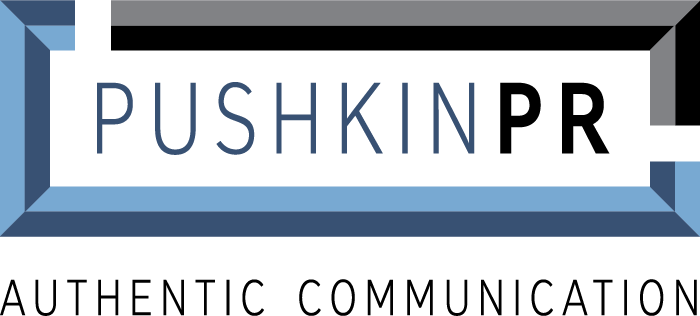
Like much of digital marketing, search engine optimization is constantly evolving. Valuable content and quality links are still the two most important ranking factors, but here are three other things to consider as you create your content strategy for 2018.
RankBrain
What is it?
RankBrain is Google’s machine-learning artificial intelligence system that helps process its search results in an entirely new way, according to Greg Corrado, a senior research scientist at Google.
Now the third most important factor in their overall algorithm for ranking webpages (right behind links and content), RankBrain analyzes a query and returns the most relevant content even when a page doesn’t contain the exact keyword phrases used in the search.
What does it mean for you?
Quit trying to force a particular keyword phrase into your content. Instead, write naturally, as you would if organic search wasn’t a factor. And include related terms and concepts whenever it will add more value for users.
Search Intent
What is it?
It’s not just what the visitor is looking for, but why are they looking for it? Think beyond the initial search term or phrase, and also consider what problem a visitor is likely trying to solve.
What does it mean for you?
Create content that answers the three common query types.
- Informational: Finding information is the main goal. Often, these searchers are not ready to make a purchase but may be inclined to sign up for a email newsletter or future notifications.
- Commercial: This might be a searcher with an immediate intent to purchase or one looking for information to make a future. You should provide content for both.
- Transactional: These searchers are interested in taking an action whether that is making a purchase, following a company on social media, creating an account, or paying a bill.
Future Search Intent
What is it?
Have you ever found yourself down an internet rabbit hole reading about topics you didn’t even realize interested you? That is what happens when a web page effectively anticipates what you might want to know next and then provides that information for you.
What does it mean for you?
Create content that answers the type of queries that searchers make AFTER finding the answer to their initial question. Segment your content into phases of the typical buying process. Start at the beginning and develop content around all of the potential questions that might arise and each step of the journey.
Ready to step up your search marketing game in 2018? Contact us to discuss keyword research, content strategy and organic and paid search options.
